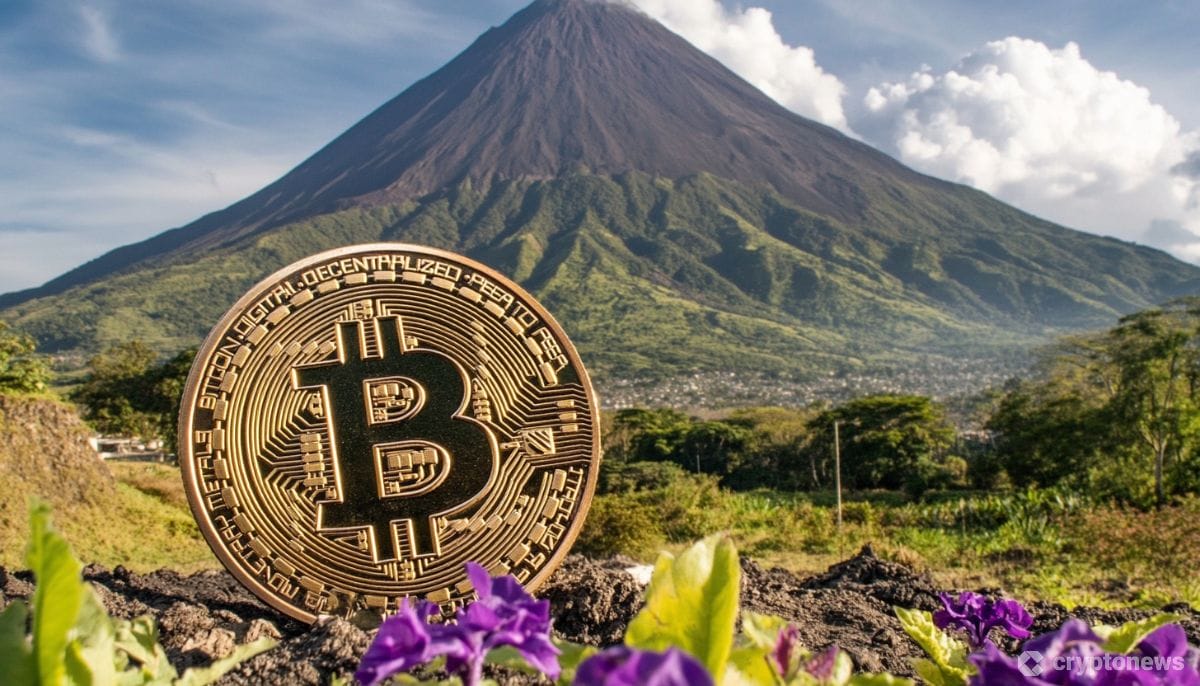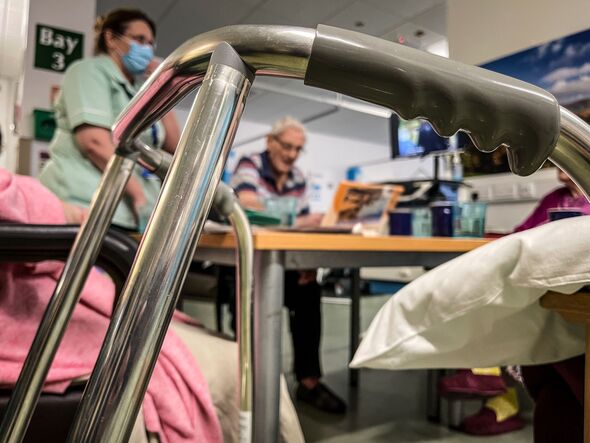Last updated:
 Why Trust Cryptonews
Why Trust Cryptonews

Only 7.5% of El Salvador citizens say they use Bitcoin (BTC) to make transactions, a new survey has found.
The study was conducted by Francisco Gavidia University (UFG), with respondents quizzed at the end of September this year.
Salvadorans: Not Keen to Use Bitcoin?
Participants were aged 18 and over, and the researchers spoke to 1,224 people, the majority of whom were aged 18-29.
The vast majority (over 71%) lived in urban areas, and most said they were in full-time employment.
Ninety-two percent answered that they did not use Bitcoin for transactions, with 0.5% answering that they “did not know” or did not understand the question.
The researchers also asked the respondents: “What should be the main focus for the future of the country?”
To this question, only 1.3% of respondents answered “Bitcoin.” The majority answered that El Salvador should focus on education or fostering industry.
Bukele Approval Ratings Remain High
Despite their apparent indifference to Bitcoin, the respondents seemed upbeat about the token’s biggest Salvadoran proponent: President Nayib Bukele.
Asked to rate Bukele’s work as President on a scale of 0 (poor) to 10 (excellent), the average of their rating scores was 8.43.
His government scored a 7.49 rating on a similar scale, with the National Assembly scoring 6.94.
The vast majority also said they were “optimistic” about the country’s future, with around 80% saying they were either neutral or positive about the nation’s financial situation.
The Spanish-language media outlet Criptonoticias noted that “until now, the Bitcoin adoption rate among Salvadorans was hovering around the 20% mark.”
A similar study published in January 2024 by the José Simeón Cañas Central American University (UCA) reported BTC adoption rates of over 10%.
But even this pointed to a sharp decrease. Surveys conducted in 2022 and 2021 showed BTC usage at over 20%.
“There are few expectations that Bitcoin interest will increase,” the same media outlet remarked.
Bukele recently conceded that he had hoped for higher adoption rates when he introduced the bill that gave BTC legal tender status in September 2021.
However, lower adoption rates appear to have helped El Salvador’s cause with the International Monetary Fund (IMF).
The IMF, once deeply skeptical about El Salvador’s BTC adoption plans, has indicated in recent weeks that it detects no BTC-related “financial risks” in the Central American nation.

















